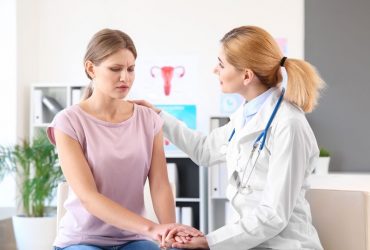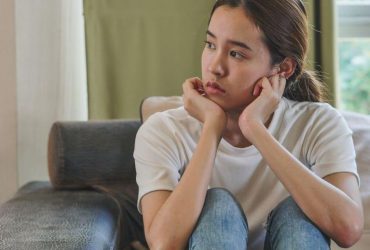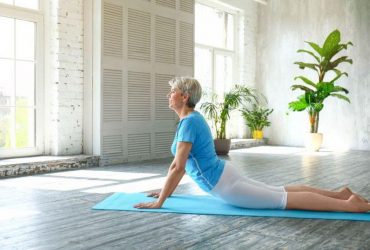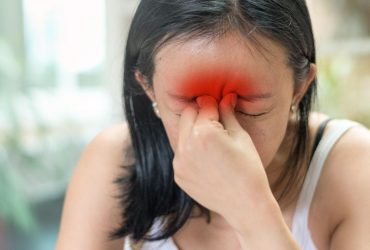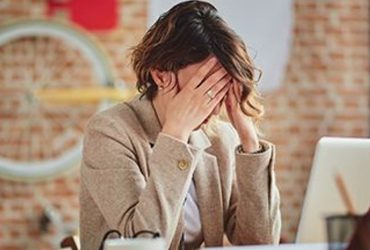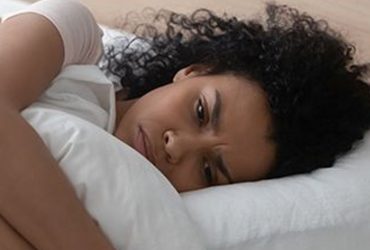Findings pronounced for young adult women who have more psychiatric diagnoses and hospitalizations than autistic men and nonautistic people
Review shows that hotlines appear to be more effective at reaching some populations than others
In first two months of the pandemic, depression and anxiety worsened on average; linear link seen between worsening symptoms and increasing case numbers
Teens reporting four or more ACEs during pandemic had prevalence of poor current mental health four times higher than those without ACEs
Psychological resilience associated with better physical function and quality of life
Findings seen even among individuals without psychiatric comorbidities, and especially among those with chronic migraine
Depression, anxiety, worry, perceived stress, and loneliness linked to increased risk for long COVID in a large study of mostly women
Receipt of mental health treatment increased for men and women, non-Hispanic Whites and Asians, across metropolitan and nonmetropolitan areas
Adults have increased risks for cognitive deficit, dementia, psychotic disorders, epilepsy or seizures at two-year follow-up


